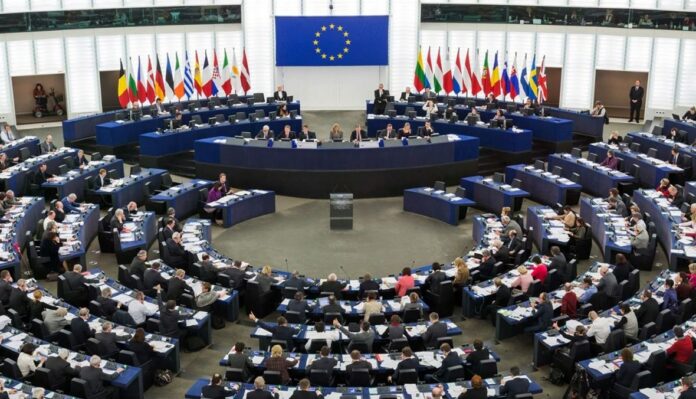Khudair Abbas Al-Dahlaki – Postgraduate Student, Doctoral Programme in Public Policy, Al-Nahrin Community, Iraq.
Introduction
The corruption scandal in which several members of the European Parliament have been accused and found to be involved – the European media called “Qatargit” – is one of the most prominent challenges facing the European Union’s legislative establishment. It would damage the reputation of the Union, which always asserts integrity and transparency and fights corruption in the world.
In this paper, we will review the merits of the corruption scandal, the nature of the relationship between lobbyists, the European Union, the actions taken by the European Parliament to address this crisis, the nature of the decisions taken in this regard, and what highlights the future political implications.
First: European Parliament corruption scandal
It is not the first time that financial and other corruption scandals have occurred in the European Parliament. Many regional provinces in member States also have representations, or persons working for them, as well as some former members of the European Parliament who act as influencers within them for other actors; To avoid any conflict of interest, the European Parliament attempts to regulate the work of these groups through a code of conduct for persons and a record of transparency, since everyone who wants to work as an influencer within the European Parliament must be registered in this register. ” For example, Volkswagen spends about 3 million euros a year on lobbying in Brussels, and five associated lobbyists have an entry permit to the European Parliament. In 2022, the German carmaker held six meetings with the European Union Commission.
On 9 December 2022, the Belgian authorities charged four persons associated with the European Parliament as having received financial bribes and gifts from the State of Qatar; to influence decision-making; Qatar, for its part, has denied any wrongdoing. The parliamentarians who have been charged, arrested and their money confiscated in their homes are:
Eva Kylie: a Greek socialist politician who was one of the vice-presidents of the European Parliament who had previously defended Qatar in the European Parliament against those who had criticized Qatar; on its ill-treatment of foreign workers; After her arrest, her Greek Socialist Party (PASOK) decided to expel her from its ranks, and Greece froze her property in the country.
(Pierre Antonio Panziri): Former member of the European Parliament from the Italian center-left and founder of Fighting Impunity, a non-profit, pro-justice activist; registered as a non-governmental organization engaged in activities, such as a lobbying group in Brussels; Through its working mechanisms, it had provided services to a Gulf State.
(Francesco Giorgi), consort of Ms. Kylie, Parliamentary Assistant Political Adviser, whose areas of specialization were foreign affairs, human rights, and the Middle East.
(Niccolo Vega-Talamanca): Secretary-General of “No Peace Without Justice”











